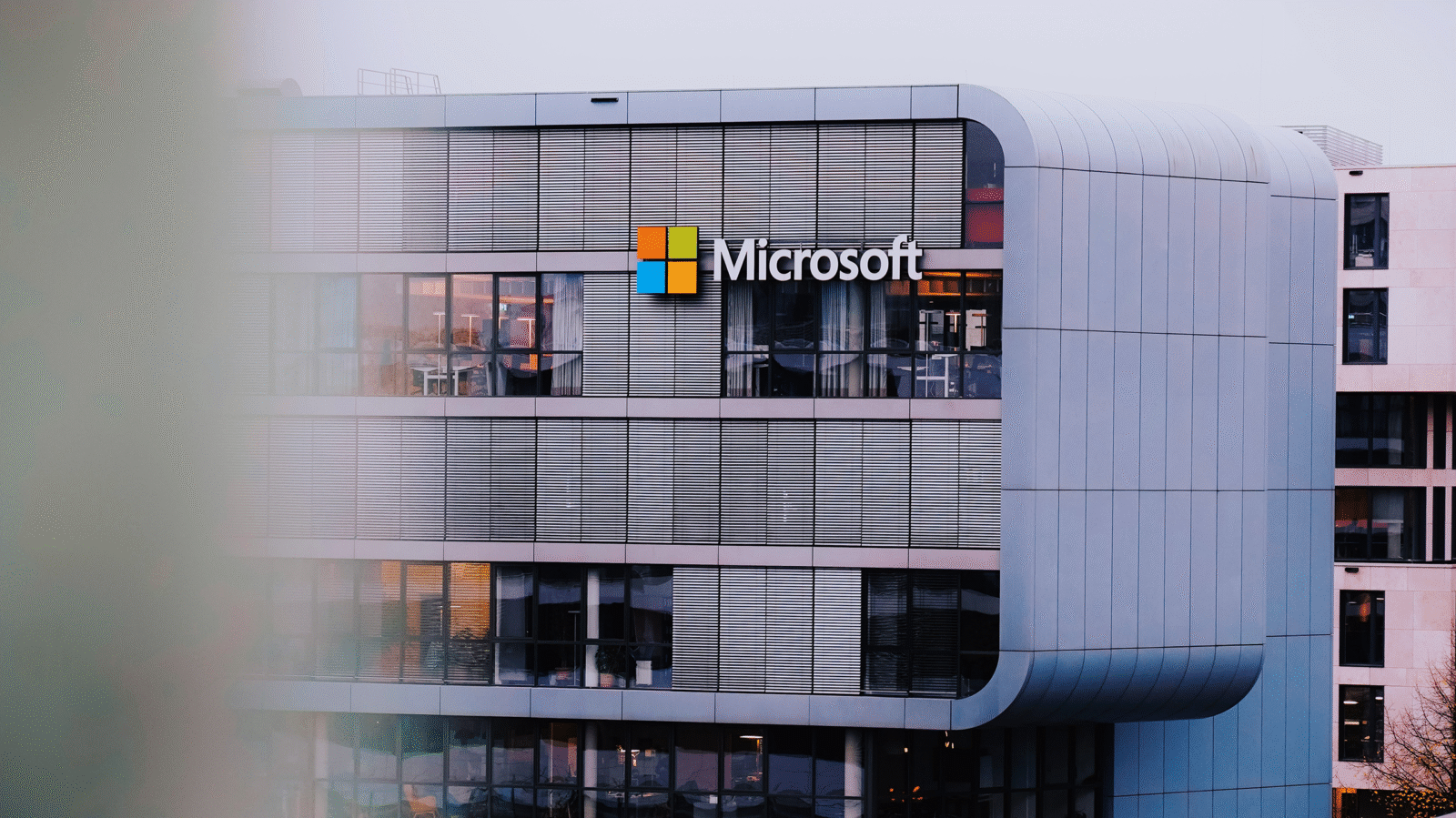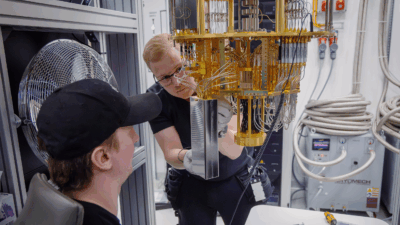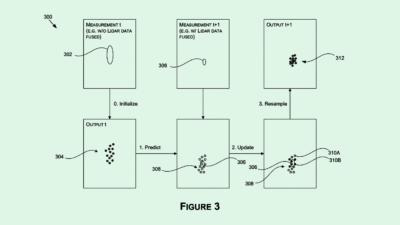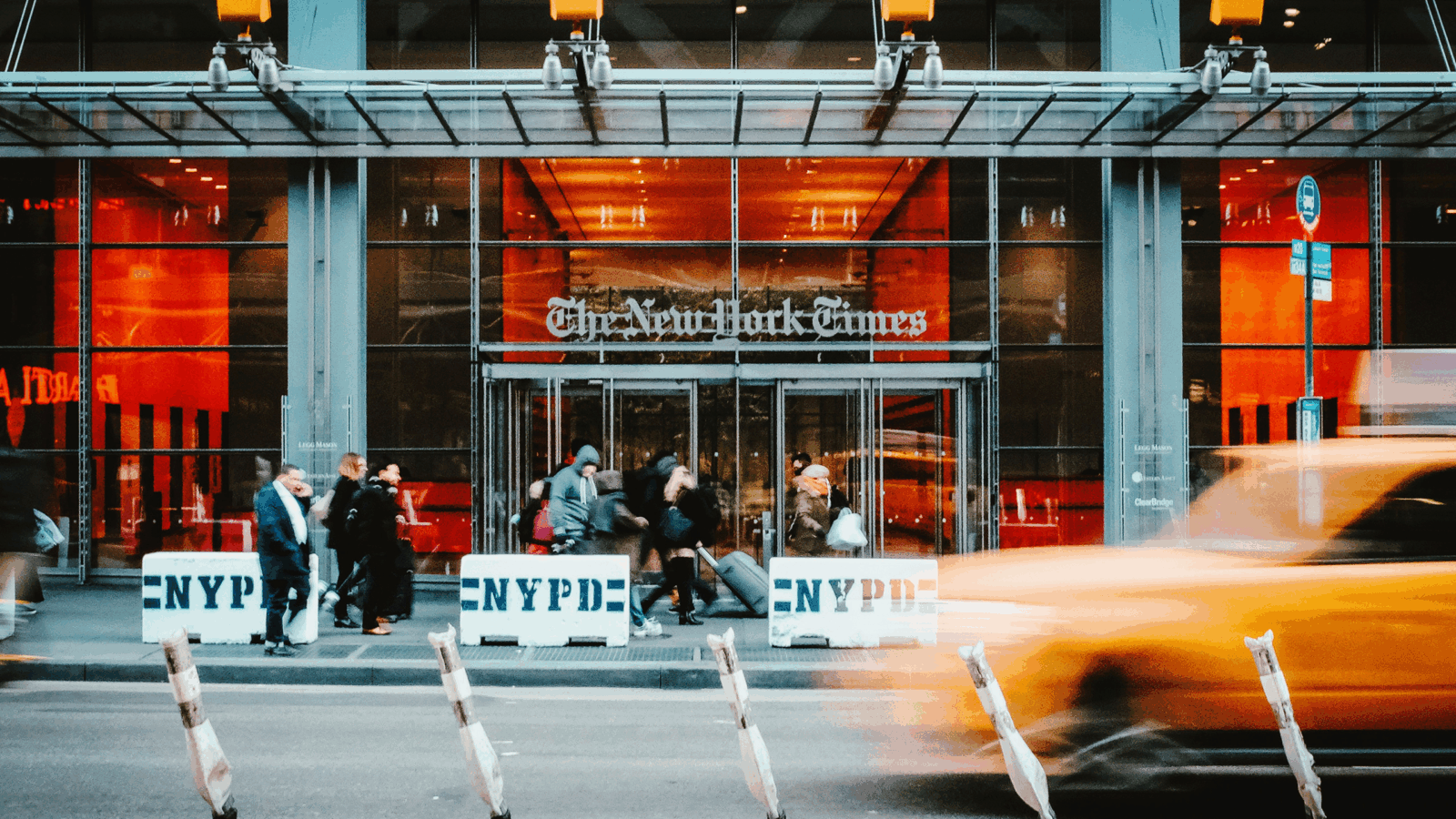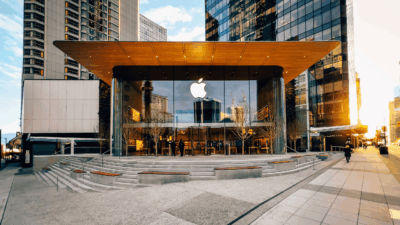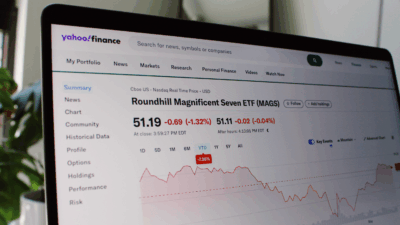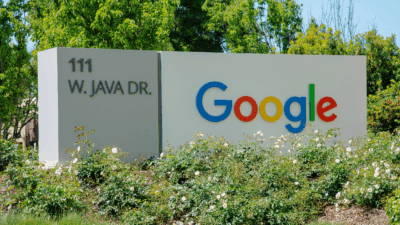Apple and the EU Actually Agree on Something
The European Commission has reached an agreement that Apple will no longer box out third-party touch-and-go payment apps.
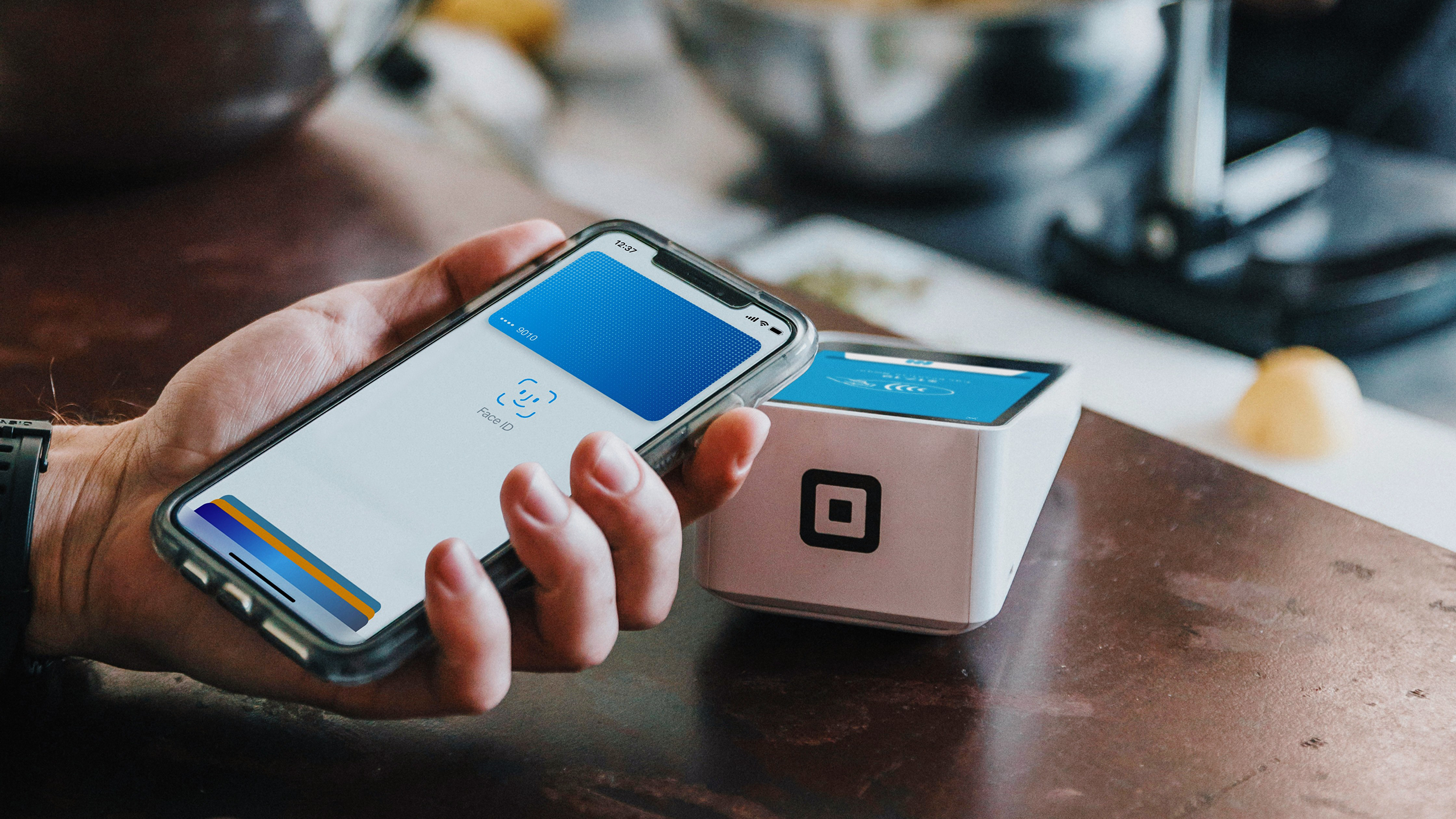
Sign up for smart news, insights, and analysis on the biggest financial stories of the day.
The EU’s anti-Big Tech blitzkrieg continues, though its latest victory may be in name only.
On Thursday, the European Commission announced that it had reached an agreement with Apple that the iPhone giant will no longer box out third-party touch-and-go payment apps. It’s a continuation of the EU’s mission to take ever more bricks out of Apple’s garden wall — though, given Apple now enjoys the kind of market dominance that its walled-garden approach was meant to foster, maybe it’s not such a big concession after all.
Bites Out of the Apple
Deploying the relatively newly minted Digital Markets Act (DMA), the EU has opened a clutch of cases against tech giants including Apple. The agreement established on Thursday, however, is part of an antitrust investigation that dates back to 2020, before the DMA, and targets one small part of Apple’s famous “walled garden” approach — i.e., the fact it tries to make sure its devices only allow or work with its own services and products.
The EU has been putting dents in Apple’s walled garden for a while now, so the tech giant may have simply chosen its battle. Wedbush analyst Dan Ives told The Daily Upside that laying down arms in this particular antitrust fight is the right decision for Apple:
- “There are a lot of regulatory speed bumps ahead in Europe for Big Tech, and this is a smart move for Apple,” Ives said, adding, “This was a step forward for Apple and it removes an overhang as Cupertino moves forward on this path.”
- Apple has simultaneously been gently backing away from its offerings in financial services. Last month, it scrapped a short-lived “buy now, pay later” product, and at the end of last year it de-coupled itself from its credit card partnership with Goldman Sachs, so a concession on Apple Pay is not one that massively upsets its current business plan.
Regulatory Dodgeball: Apple already showed signs of regulation prevention this week when it gently sidestepped joining OpenAI’s board after originally being expected to take on an observer seat, given the company’s partnership with the AI juggernaut.
